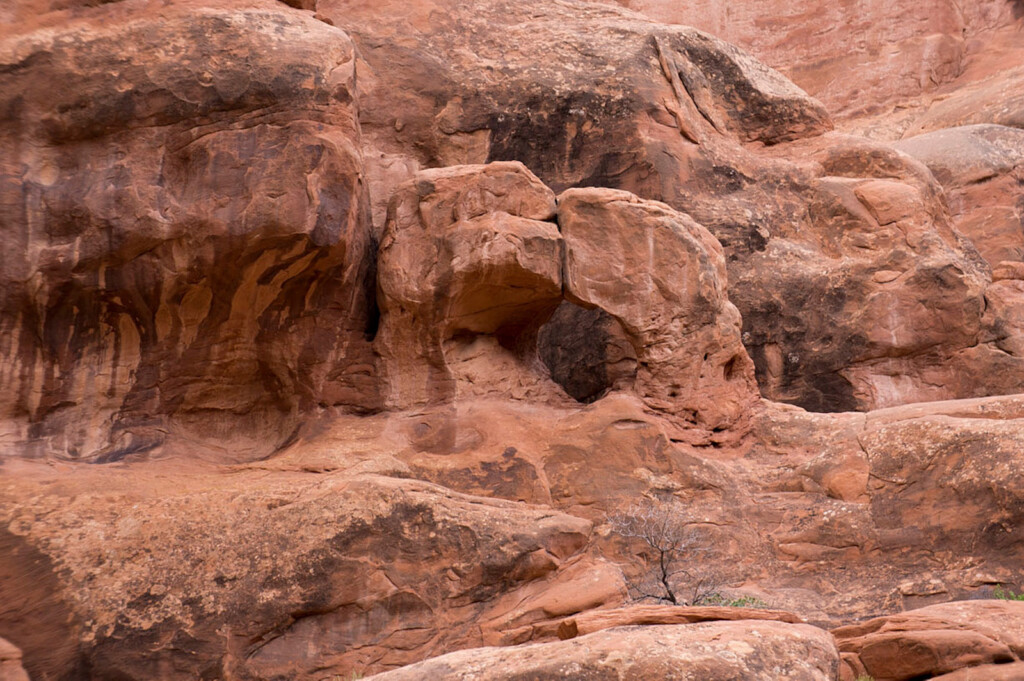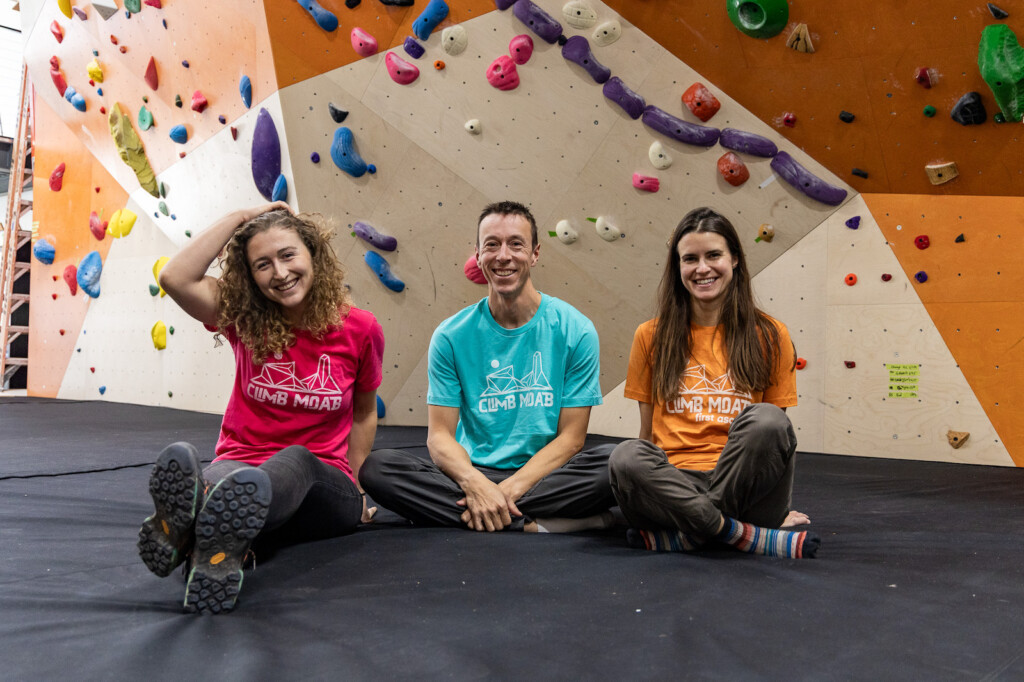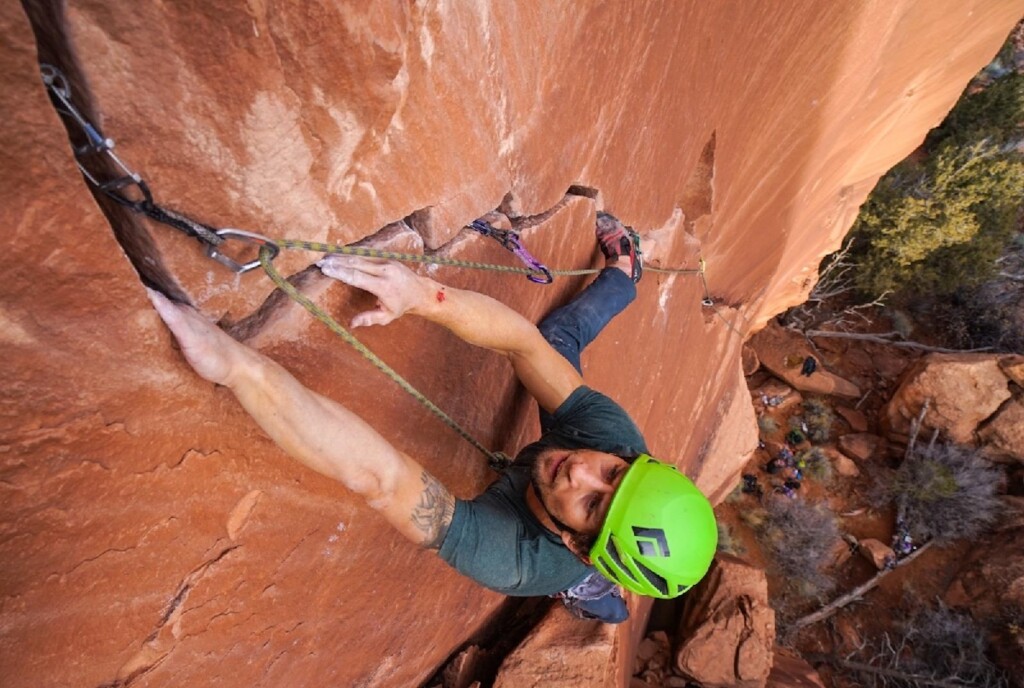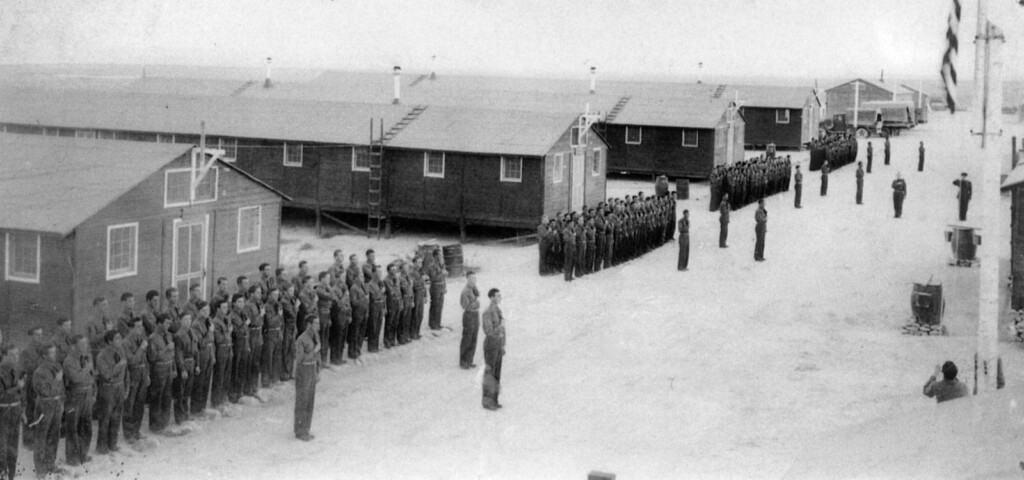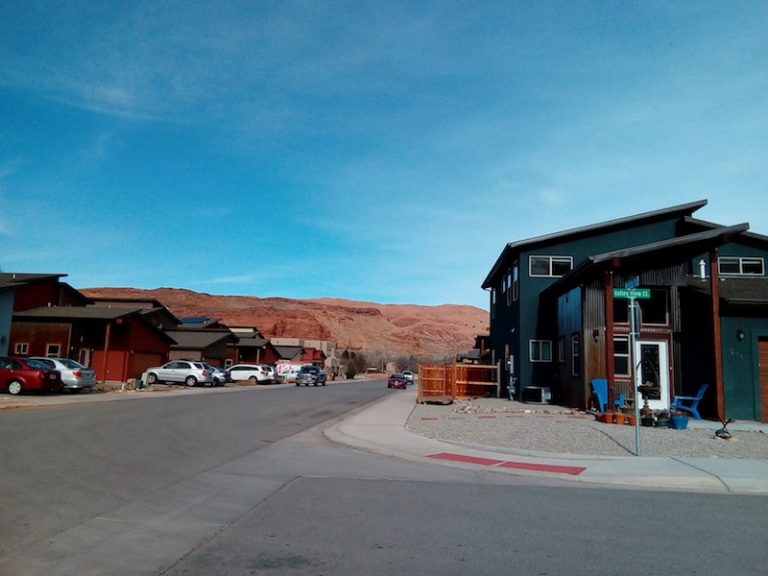
Visitors come from all corners of the Earth to marvel at the majesty of Arches and Canyonlands National Parks, along with the other scenic parks and public lands that surround it. As a result of that popularity, property and housing costs are on a constant rise in Moab.
A lack of affordable housing isn’t just an issue in Moab, but seems to be a trend across the country, where many families live paycheck to paycheck, and the thought of owning a house doesn’t seem within their reach. The American dream seems to fade away from the grasp of the working class, and is seemingly next to impossible for families with a low income. More than 50 percent of Moab’s workforce is at or below low income, and the rentals that are available have monthly rates in excess of $1,200, which makes it hard for residents to make ends meet.
What if there was a program that would allow you to put your hard work into building your home and having some of the cost absorbed by that work? Does a “Sweat Equity” program exist?
Enter the USDA’s program known as the Mutual Self Help Housing Program. This program offers USDA loans exclusively for low-income families in order for them to become homeowners. These families would otherwise not be able to buy a home in the conventional loan process, especially with homes that average over $350K in the Moab area.
New homeowner and participant of the USDA Mutual Self Help Program, Dustin Roberts, said, “There really weren’t that many options in town for a house. There was an old complete fixer-upper that needed A LOT of work, a really expensive house that didn’t need that many repairs, and one that was way out in the valley. Then there was this option, and for a great price, we have a new house. It took about a year, and it was a lot of hard work, but it’s great.”
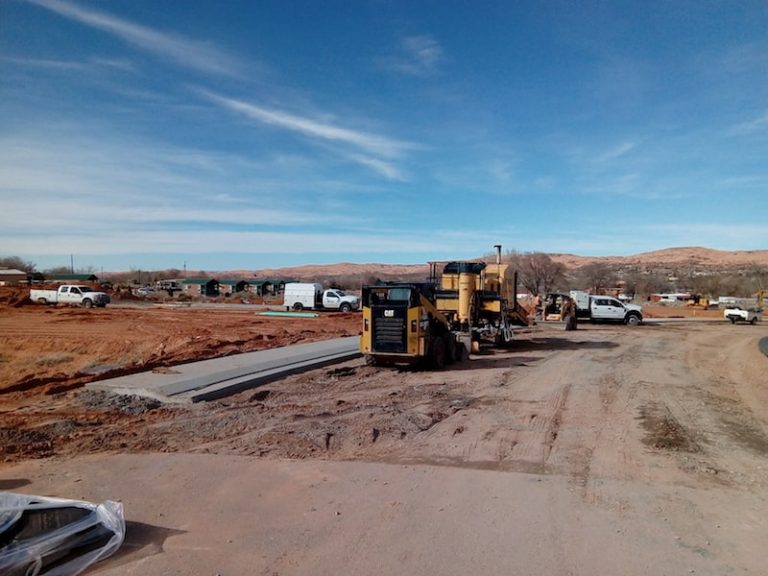
In the Mutual Self Help Program, once approved, a family commits to 30 hours of work per week towards building their home. There is no experience needed because they are given guidance by a construction supervisor or construction assistant. This helps them gain ‘sweat equity’ in order to adjust the cost of the house by the amount of work they put into their future home. Tasks can include painting, roofing, trim, floor installation, and other finishing work. The best part of the program is that you don’t need to have previous construction experience to participate because qualified contractors complete the foundation, framing, electrical, plumbing, heating, and cooling systems.
Dustin reflects on the experience of building the couple’s home. “The process was a little hard because I had to work my full-time job to pay bills, so it was my wife who did a lot of the 30 hours of required work per week. We had friends and family that helped out, too, but they had their own lives that they had to focus on. It was a stressful year, but it was well worth it.”
Interest rates can be as low as 1% and are fixed throughout the loan term. There is no down payment required, and loan terms range for more than 30 years. Best of all, friends and family can volunteer to help you with the weekly hour requirement.
For example, if you and your extended family of nine can work for three hours on a Saturday, your 30 hours are done for that week, or if you and a friend work for 5 hours together, you put a 10-hour dent in your weekly work requirement.
There is a minimum annual household income of $30,000 that includes everyone in the household, and a maximum annual income of $56,900 (family of 1 to 4) and $75,100 for a family of five to eight.
There are requirements that have to be met, and some may seem difficult, but when asked how successful the Mutual Self Help Housing Program is, program manager Jenna Whetzel said, “It’s definitely a difficult program. It’s difficult for people who are working full-time and have a family, and to give up 30 hours of time per week for nine months to a year, but it is worth it in the end. It’s a great program that helps low-income homeowners that otherwise might not be able to [afford a home]. I’d say everybody that embarks on this task of building their own home becomes homeowners, and I’d say it’s very successful.”
The task of increasing affordable housing in the Moab area remains a contentious issue, but one in which local residents and officials are working together to fix.


